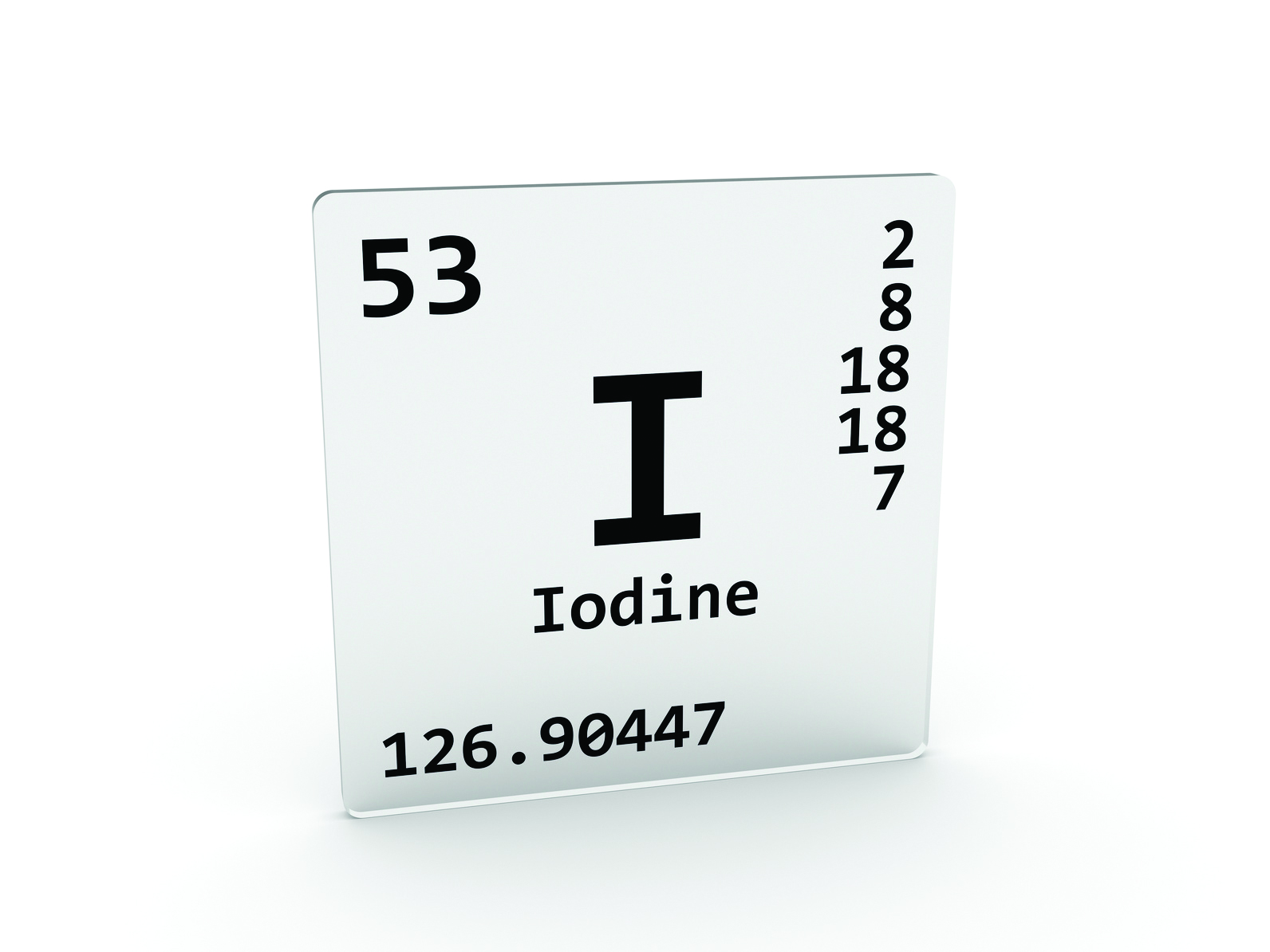A Clinical Report on the Use of Sustained Release T3 for Low Body Temperature
Hypothyroidism is defined as inadequate thyroid hormone production, leading to slow metabolism, and is diagnosed by a lab test showing high thyroid stimulating hormone (TSH) level. Standard treatment is lifetime thyroid hormone medication. But it’s not unusual for a patient to have all the classic symptoms of hypothyroidism, such as fatigue, weight gain, low body temperature, and depression, yet have a normal TSH. The reason for this is that the TSH doesn’t measure metabolic rate, so it’s easy for people to have slow metabolisms even though their thyroid hormone production is normal. On the other hand, body temperature is a direct measure









